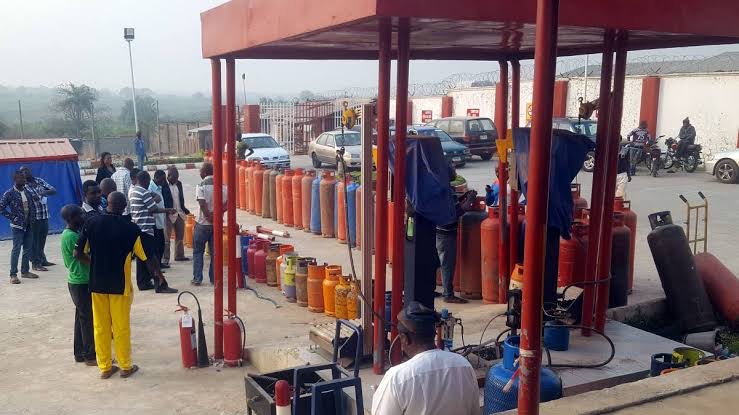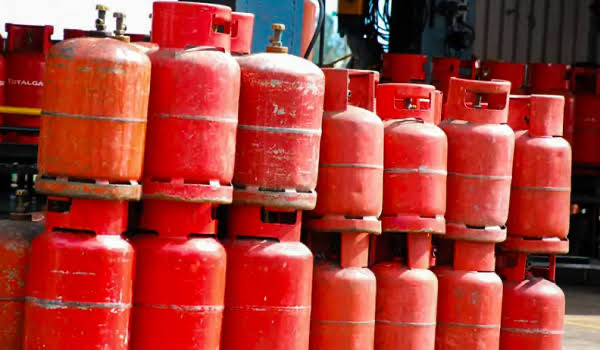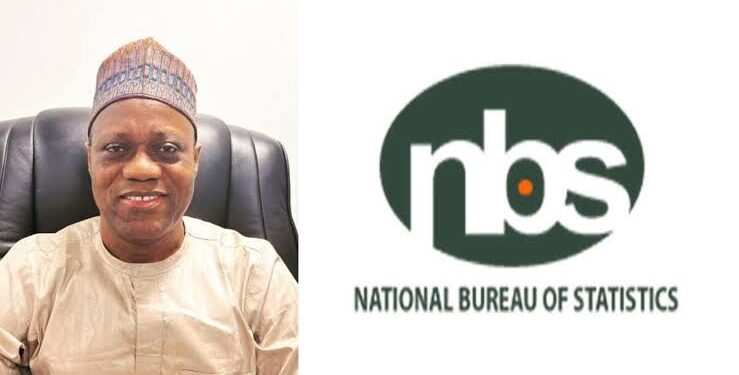The average price of Liquefied Petroleum Gas (LPG), commonly known as cooking gas, has seen a significant rise in the South-South geopolitical zone of Nigeria. According to the latest data released by the National Bureau of Statistics (NBS) in its Liquefied Petroleum Gas (LPG) Watch for August 2024, the cost of refilling a 12.5kg cylinder of cooking gas in the South-South region reached ₦16,524. This marks one of the highest averages in the country, indicating a notable increase in gas prices.
Nationwide, the report reveals that the average price of refilling a 12.5kg LPG cylinder was ₦15,552 in August 2024, reflecting a monthly increase of 9.05% from the ₦14,261.57 recorded in July 2024. The rise in gas prices over the past few months has added to the financial strain on households across the country.

On a year-on-year comparison, the increase is even more substantial, with the average price jumping by 69.15%, from ₦9,194.41 in August 2023 to the current figure. This significant rise in gas prices has further exacerbated the cost of living for Nigerians, especially in the face of inflation and other economic challenges.
Breaking down the regional data, the South-South geopolitical zone recorded the highest price for a 12.5kg cylinder of LPG at ₦16,524. This was closely followed by the South-East, where the average price stood at ₦16,495.78. Other regions in the country saw varying prices for LPG, with the South-West reporting an average of ₦15,609, the North-West at ₦15,330, the North-East at ₦14,912, and the North-Central region recording the lowest average price at ₦14,767.
A closer look at individual states reveals even starker differences in prices. Rivers State recorded the highest average retail price for refilling a 12.5kg cylinder of cooking gas, with residents paying an average of ₦17,086.36. Following Rivers, Cross River State had an average price of ₦17,050.00, while Abia State recorded ₦17,012.52.
These three states in the South-South and South-East regions stand out as having the most expensive LPG prices in the country. In contrast, Bauchi State reported the lowest average price at ₦13,425.00, followed by Nasarawa at ₦13,640.94, and Adamawa at ₦13,725.00, making the northern states more affordable for LPG purchases.
The NBS report also examined the cost of refilling a smaller 5kg LPG cylinder. According to the data, the average retail price for a 5kg cylinder rose by 7.62% from ₦5,974.55 in July 2024 to ₦6,430.02 in August 2024. On a year-on-year basis, the price saw an even sharper increase of 56.25%, rising from ₦4,115.32 in August 2023. These increases have affected many households, especially those that rely on the smaller 5kg cylinders for their daily cooking needs.
Regionally, the South-East recorded the highest average price for a 5kg cylinder of cooking gas in August 2024, with the cost standing at ₦6,585.18. This was followed by the South-South region, where the average price was ₦6,451.34. Other regions showed the following average prices: North-West at ₦6,420, North-East at ₦6,413, South-West at ₦6,406, and North-Central at ₦6,344. These figures indicate that the southern regions generally face higher LPG prices compared to the northern zones.

In a state-by-state analysis of the 5kg LPG prices, Benue and Sokoto topped the list with the highest average prices, both reporting an average of ₦7,000.00. Following these states were Rivers, with an average of ₦6,954.55, and Borno at ₦6,914.29. On the opposite end, Taraba State had the lowest average price for refilling a 5kg cylinder at ₦5,600.67, with Abuja and Kogi recording ₦5,825.00 and ₦5,857.56, respectively.
This shows that while some states in the North benefit from lower LPG prices, others, particularly in the South, are faced with significantly higher costs.
The upward trend in cooking gas prices seen in August followed a period of price reductions in June and July. In June, the average price of refilling a 5kg cylinder dropped from ₦7,418 to ₦6,966, offering a temporary reprieve to consumers.
This decline continued into July when the price further decreased to ₦5,974, reflecting fluctuations in the LPG market during those months. However, the price increases in August reversed this brief period of relief, highlighting the volatility of the cooking gas market in Nigeria.
The increase in LPG prices, both for the 12.5kg and 5kg cylinders, has added pressure on Nigerian households, many of whom are already grappling with rising inflation, high fuel prices, and overall economic hardship.
The price of cooking gas is affected by several factors, including international market dynamics, exchange rates, and domestic production costs. As LPG is an essential commodity used by millions of Nigerians, particularly in urban areas, the rising cost is expected to have a widespread impact.
This continuous rise in cooking gas prices underscores the need for better regulatory policies and possible government intervention to stabilize the market and provide relief to consumers. The steep price increases, particularly in the southern regions, have raised concerns about the affordability of LPG for ordinary Nigerians.
With no clear indication of when the prices might stabilize or decrease, consumers may have to brace for further price hikes in the coming months, adding to the financial burden already experienced by many households across the country.

































